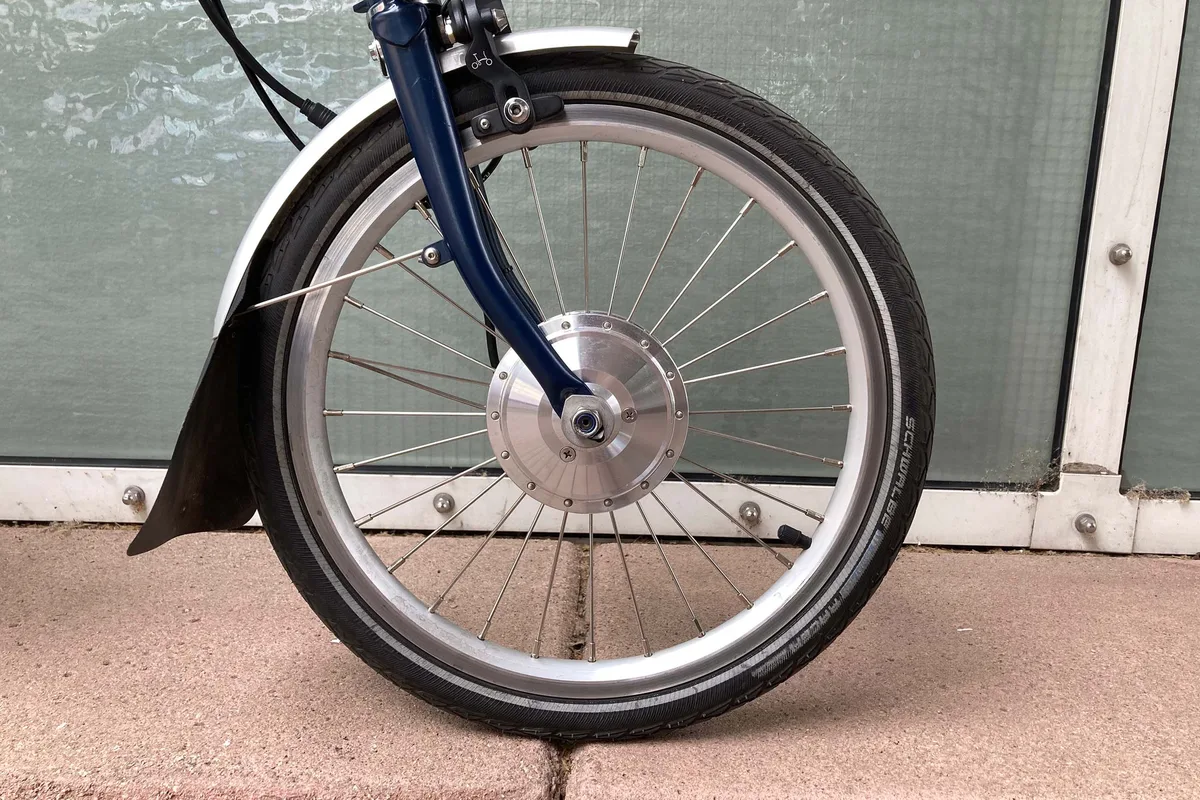Preserving Your Classic Car
Classic cars tend to hold greater value than modern vehicles when properly maintained, making upgrades and replacement parts tempting but staying true to original stock options will increase both value and appeal.
Storaging your car in an orderly and dry environment is essential to its preservation. Whether you opt for your garage or professional storage facility, here are some key tips that can assist with this:
Preparing Your Vehicle for Storage
Storage conditions for your classic car can make all the difference in maintaining its condition and keeping it looking its best. A climate-controlled garage with concrete flooring would be ideal, but if this option is out of reach or too costly to build then renting self-storage might be your next best bet.
Car storage requires draining the transmission and cooling systems, replacing fluids with fresh, distilled water and adding the required antifreeze amount. After this step is completed, take your vehicle on a short drive to circulate its new fluids to all necessary components and ensure proper mixing.
Fill the fuel tank and install a gas stabilizer to prevent moisture from seeping into open spaces and corroding components of your engine or other parts. Finally, inflate tires to their appropriate running pressures in order to prevent flat spots.
Changing the Oil
Oil changes for classic vehicles are an essential component of maintenance, as it lubricates high tolerance components while also clearing away impurities and relieving heat in critical areas. Storing it with dirty oil could damage its engine as well as cause corrosion on other parts of the vehicle, potentially damaging it beyond repair and leading to corrosion damage on other components.
Make sure that the grade of oil that is appropriate for your car’s age and condition can be found within its owner’s manual, or seek recommendations from a mechanic. It may also be beneficial to drain the tank before adding stabilizer, to avoid oxidation and corrosion in open spaces of the tank.
Before placing your classic car into storage, ensure it has been drained of all transmission fluid and coolant, with antifreeze added to protect its contents from freezing during winter storage. Finally, be sure to thoroughly clean its upholstery, flooring and windows prior to storage as any dust, dirt and crumbs can attract rodents leading to corrosion, rust or other complications.
Draining the Fuel Tank
Ethanol in fuel attracts moisture, and when stored your classic car can suffer as a result. To prevent this issue, the best approach is to drain and refill with fresh gas before storing, adding STA-BIL Storage Fuel Stabilizer as protection from oxidation or degradation during storage.
Your vehicle should ideally be stored inside in a heated garage where temperatures remain constant; however, if this isn’t feasible it’s essential to protect it from extreme weather conditions such as UV rays from sunlight deteriorating rubber and vinyl and extreme cold causing corrosion damage and corrosion inside components.
If you have a removable battery, disconnect and connect it to a battery tender. Next, drain your fuel tank using a ratchet and socket in an area with plenty of ventilation – don’t forget to wear protective eyewear to shield yourself against fuel vapors and splashes!
Cleaning the Interior
Classic car collectors dedicate much of their time and resources to restoring their prized vehicles back to their former glory. From showroom finishes to crushed velvet interiors, collectors want their vehicles to appear brand new – the key is using quality cleaning products in order to maintain this level of excellence.
When washing a classic vehicle, avoid using standard detergents or household cleaners that contain harsh detergents that strip wax from its paint surface causing irreparable damage. Instead opt for quality soap specifically formulated for vehicles and boasting a pH balance of 7 or lower for best results.
When washing a classic vehicle, always do so by hand. Automated and drive-through car washes can be especially harsh on delicate components found in many classic vehicles such as radio antennae. Automated washes may bend or even tear these components, leading to costly damages that will decrease its resale value and can even make your classic more difficult to sell in future sales.












